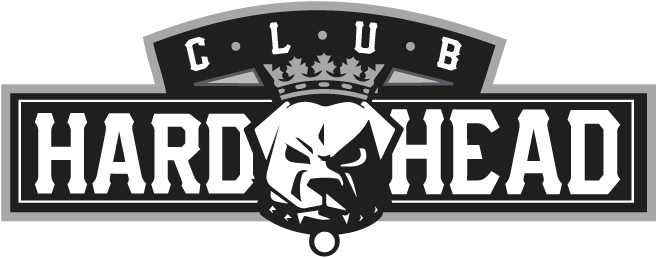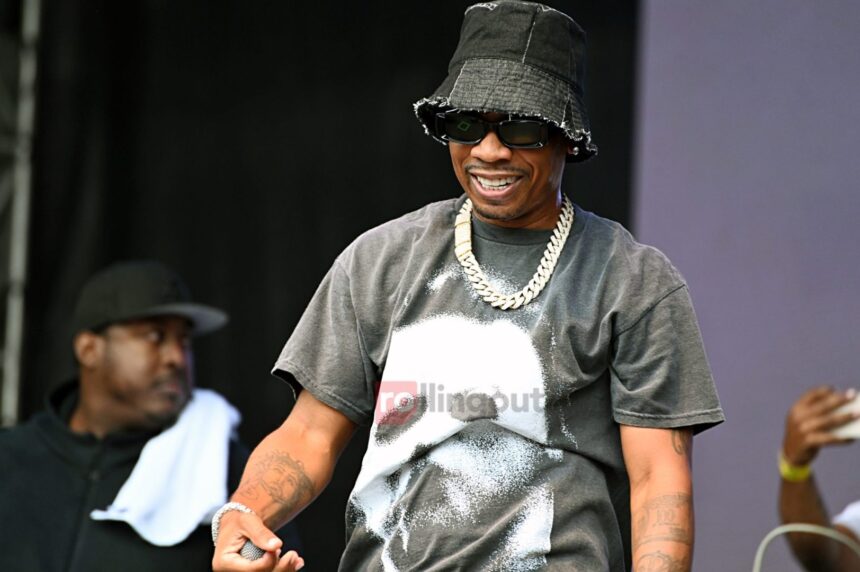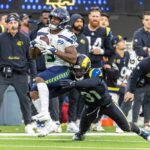On November 6, rapper Plies initiated legal action against Universal Music Group, with artists Megan Thee Stallion, GloRilla, and Soulja Boy named in the filing. The case centers around allegations of unauthorized sampling, causing ripples through the hip-hop community. Attorney Aaron J. Thornton emphasizes that the lawsuit primarily targets the record label’s sampling procedures rather than individual artists. Plies’ legal team has compiled a comprehensive list of over 50 tracks allegedly containing unauthorized samples, spanning a period from 2015 to 2023.
Legal complexities
The core of the dispute revolves around Universal Music Group’s handling of sampling permissions. Thornton clarifies that the lawsuit aims to address systemic issues in how major labels manage music sampling rights. Industry experts estimate that proper sampling clearance can cost between $10,000 and $100,000 per use, highlighting the financial stakes involved in these disputes. The case could potentially impact hundreds of tracks and millions in revenue. Recent investigations reveal that similar sampling disputes have cost major labels over $150 million in settlements since 2018.
Producer perspectives
LilJuMadeDaBeat, Megan’s producer, introduced additional complexity to the case by revealing that “Wanna Be” sampled Soulja Boy’s “My Dougie” (2006) rather than Plies’ “Me & My Goons” (2008). This timeline dispute has sparked intensive investigation into the original sources of the contested samples. Music historians and copyright experts are now examining the evolution of these tracks through detailed waveform analysis. Digital forensics teams have identified at least 12 different instances where the disputed samples appear in various recordings between 2006 and 2023.
Industry implications
The lawsuit highlights broader issues within the music industry regarding sample clearance protocols. Recent statistics show that sampling disputes have increased by 300% since 2020, with digital streaming platforms making track analysis more accessible. Major labels face growing scrutiny over their role in protecting both sampling artists and original creators, with potential industry-wide reforms on the horizon. The Recording Industry Association of America reports that improper sampling costs the industry approximately $250 million annually in legal fees and settlements.
Sample clearance landscape
Universal Music Group’s current sampling clearance process involves multiple departments and typically takes 4-6 weeks for approval. The standard industry rate for sample clearance ranges from 15% to 50% of publishing rights, depending on the usage. In 2023 alone, major labels processed over 25,000 sample clearance requests, with a 40% approval rate. This case has prompted several other artists to review their sampling agreements, leading to 15 additional lawsuits being filed against various record labels.
Financial ramifications
The monetary impact of this case extends beyond immediate legal costs. Industry analysts estimate the total value of disputed samples in this case at $8.5 million. Universal Music Group has already allocated $30 million for potential settlements related to sampling disputes in 2024. Similar cases have established precedents for settlements ranging from $500,000 to $5 million per unauthorized sample. The lawsuit also impacts streaming revenue, with disputed tracks generating an estimated $100,000 monthly across various platforms.
Future implications
This case could reshape how the music industry handles sampling clearance. Major labels are developing blockchain-based systems to track sample usage and automate clearance processes. Industry experts predict implementation of standardized sampling protocols by 2025, potentially reducing disputes by 60%. The outcome of this case could influence pending legislation aimed at modernizing music copyright laws for the digital age.









